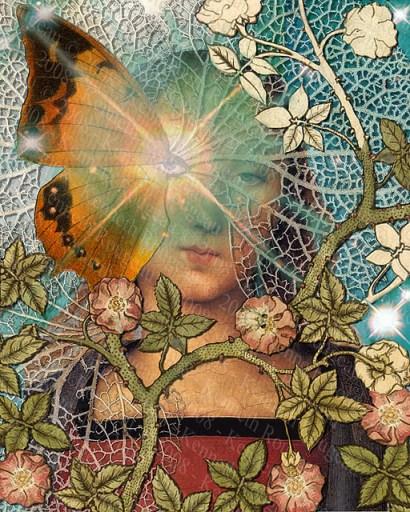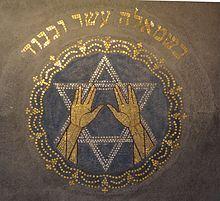He [Abraham] staggered not at the promise of God through unbelief; but was strong in faith, giving glory to God.
Romans 4:20, KJV

My friends, every time you consider God, see Him having a smiling face. See Him as someone who loves you perfectly and wants to be good to you. Have a good opinion of Him.
If you read or hear a negative report, have a good opinion of God and say, “God, because I am Your beloved child in Christ, You’ll never let this happen to me. A thousand may fall at my side, and ten thousand at my right hand, but it will never come near me” (Psalm 91:7). Believe and speak positively about God. Believe and speak positively of yourself. The Bible tells us in so many ways to not dwell on the negative because truly, thoughts DO become things.
The people of the world generally have a bad opinion of God. They see Him as an old, angry judge who’s all about punishing people. Beloved, you are in the world but not of the world (John 17:11, 14, 16). So don’t think and talk like the people of the world. God is your heavenly Father who loves you and wants to bless you. So judge Him good and faithful. He deserves all the glory and is delighted when you have a good opinion about Him and trust in His goodness toward you!
Another aspect of glory we should consider & ponder upon is Shekhinah Glory. This phrase isn’t actually used in the Hebrew or Christian Bible’s; however, the word Shekhinah is. What does it mean exactly?
I attended a church in Kentucky years ago where this word was often used and although it wasn’t explained to me at the time, I knew it was something special. It came up again today and has been swirling around in the ether’s a little while now. I discovered that the word is the feminine attributes of God, which caused me to smile


This recurrent theme is best known from the writings and songs of the legendary mystic of the 16th century, Rabbi Isaac Luria. Here is a quotation from the beginning of his famous Shabbat hymn:
“I sing in hymns to enter the gates of the Field of holy apples.
“A new table we prepare for Her, a lovely candelabrum sheds its light upon us.
“Between right and left the Bride approaches, in holy jewels and festive garments…”
A paragraph in the Zohar starts: “One must prepare a comfortable seat with several cushions and embroidered covers, from all that is found in the house, like one who prepares a canopy for a bride. For the Shabbat is a queen and a bride. This is why the masters of the Mishna used to go out on the eve of Shabbat to receive her on the road, and used to say: ‘Come, O bride, come, O bride!’ And one must sing and rejoice at the table in her honor … one must receive the Lady with many lighted candles, many enjoyments, beautiful clothes, and a house embellished with many fine appointments …”
The tradition of the Shekhinah as the Shabbat Bride, the Shabbat Kallah, continues to this day.
The concept of Shekhinah is also associated with Holy Spirit in Jewish tradition, such as in Yiddish song: Vel ich, sh’chine tsu dir kummen ”Will I, Shekhinah, to you come”
Didn’t Jesus Himself that He would not leave us comfortless when He had to leave the earth? He said He would send us the Comforter. I don’t know about everyone, but in most families, it is the Mother who is the Comforter. It is at our mother’s breast that we receive solace for our wounds. She hugs and pulls us in close to her. I feel the Holy Spirit, Shekhinah, do the very same to me. And I am comforted.
Even Islam and the mystical arm of that faith, Sufism, gives Her recognition. I am happy to see a reawakening of the Divine Feminine. The Catholic Church has had it right all along; glorify Mother Mary. She is a very special woman and full of Divinity. Blessed be the name of the Goddess.

